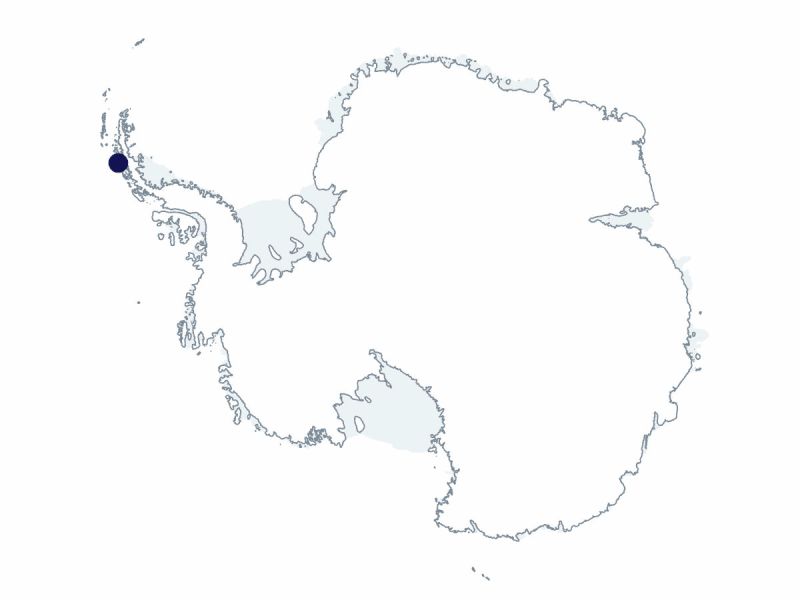2024-2025 USAP Field Season
Project Detail Project TitlePAL-LTER: Ecological response to "Press-Pulse" disturbances along a rapidly changing West Antarctic Peninsula Summary
Event Number:
Program Director:
ASC POC/Implementer: Principal Investigator(s)
Dr. Deborah Steinberg
Project Web Site: Location
Supporting Stations: Palmer Station DescriptionSeasonal sea ice-influenced marine ecosystems at both poles are characterized by high productivity concentrated in space and time by local, regional, and remote physical forcing. These polar ecosystems are among the most rapidly changing on Earth. The Palmer Long Time Ecological Research (PAL-LTER) seeks to build on three decades of long-term research along the western side of the Antarctic Peninsula to gain new mechanistic and predictive understanding of ecosystem changes in response to disturbances spanning long-term, subdecadal, and higher-frequency “pulses” driven by a range of processes, including long-term climate warming, natural climate variability and storms. These disturbances alter food-web composition and ecological interactions across temporal and spatial scales that are not well understood. Researchers will contribute fundamental understanding of how population dynamics and biogeochemical processes are responding within a polar marine ecosystem undergoing profound change. Field Season OverviewZooplankton and micro-nekton provide the main trophic link between primary producers and apex predators in the Southern Ocean. Within the PAL-LTER study region, both oceanic and coastal zooplankton assemblages occur. Over much of the shelf region both the oceanic and coastal assemblages occur in varying mixes year to year with no clear boundaries between zones. Climate change, in particular changes in seasonal sea ice dynamics showing trends in longer periods of open water in summer, is apt to favor species with life histories that are less dependent on sea ice. Two participants will deploy to study temporal/spatial variability in the distribution and abundances of the zooplankton assemblages by doing biweekly net tows and acoustic transects. A moored sediment trap will be deployed and recovered weekly to capture deposition in the water column. Participants will focus on the population dynamics of Antarctic krill, an important prey item for many seabirds and seals, and environmental factors impacting its growth, reproduction and, ultimately, recruitment success. Deploying Team Members
|
2024-2025 Science Planning Summary



For USAP Participants |
For The Public |
For Researchers and EducatorsContact UsU.S. National Science FoundationOffice of Polar Programs Geosciences Directorate 2415 Eisenhower Avenue, Suite W7100 Alexandria, VA 22314 Sign up for the NSF Office of Polar Programs newsletter and events. Feedback Form |



